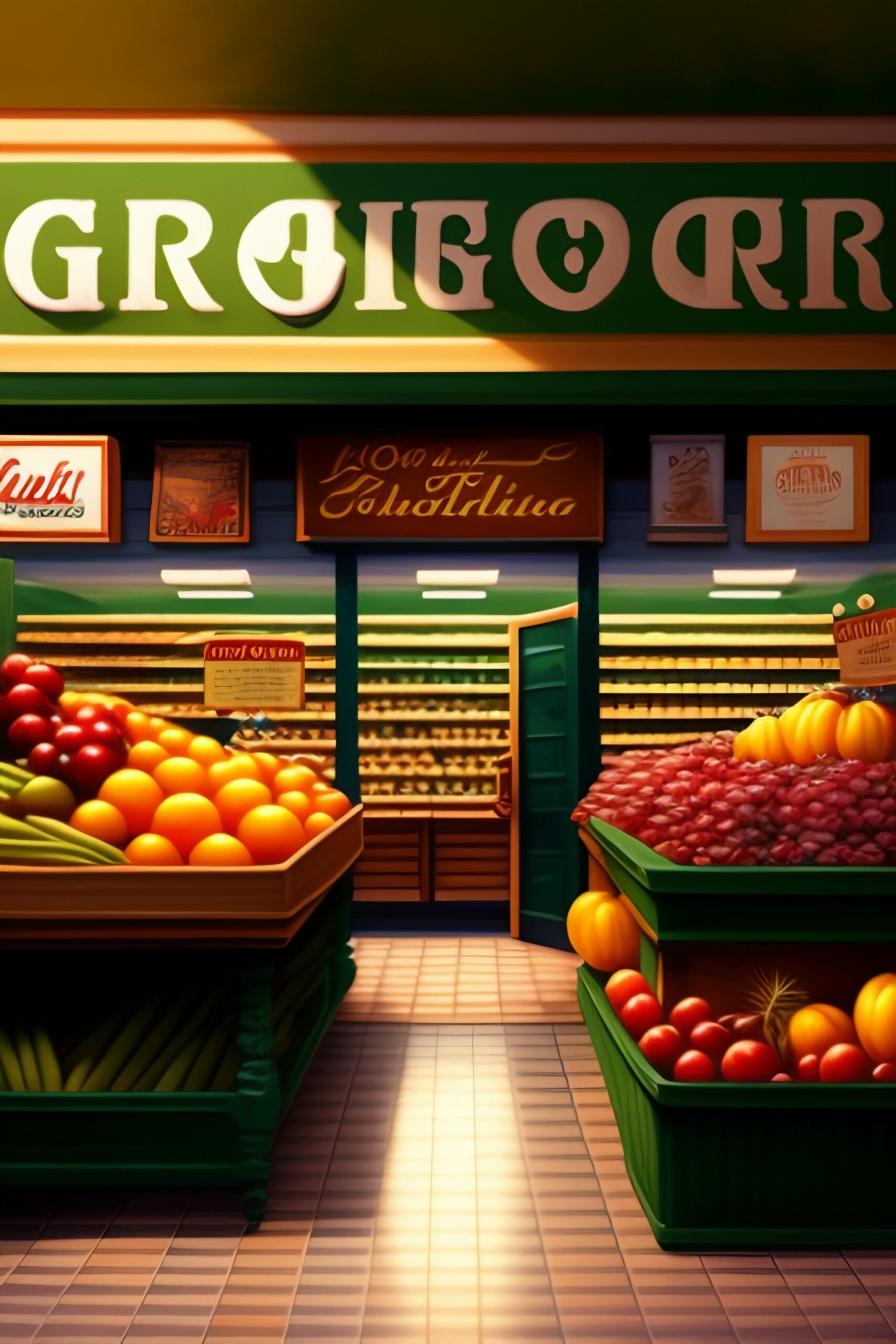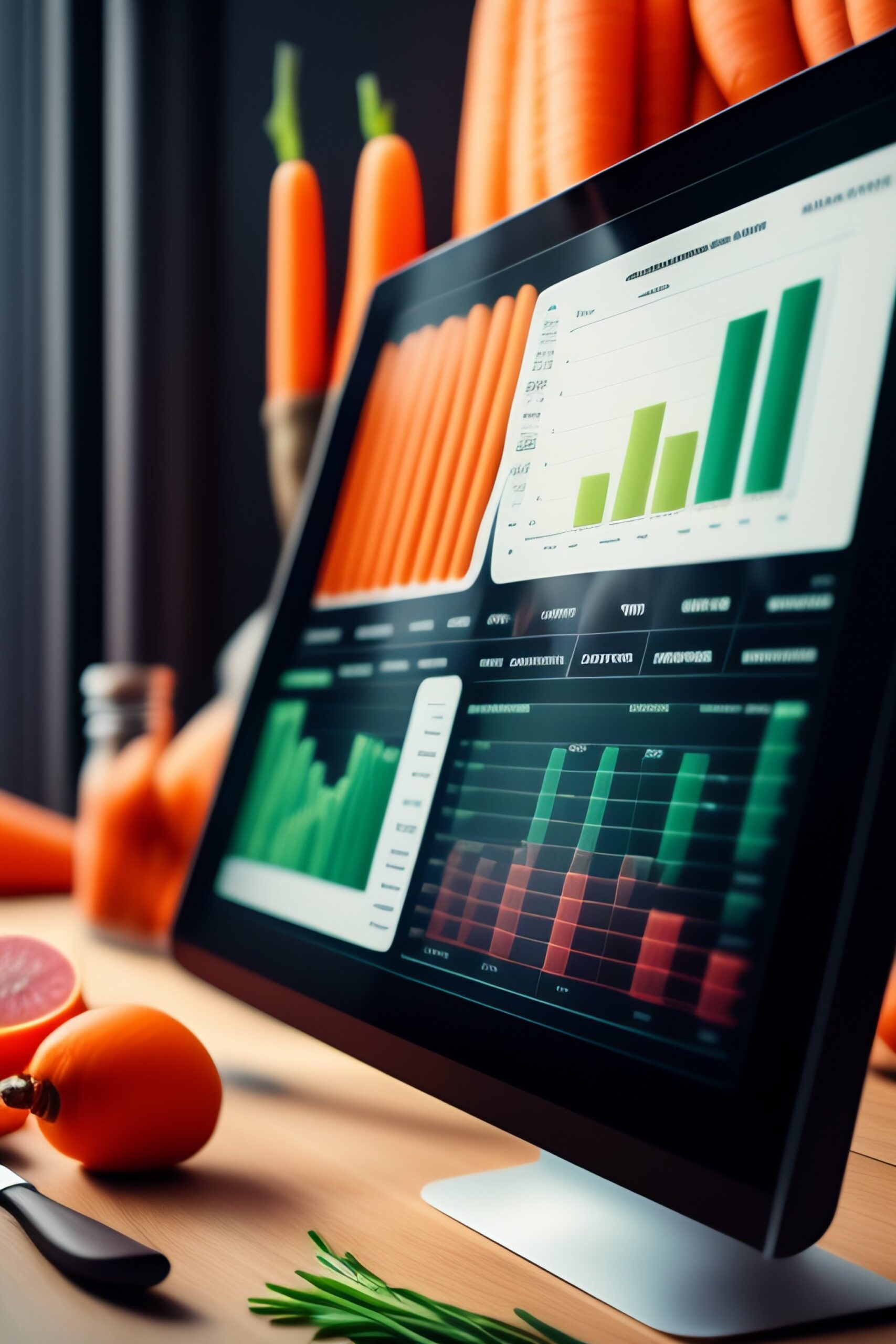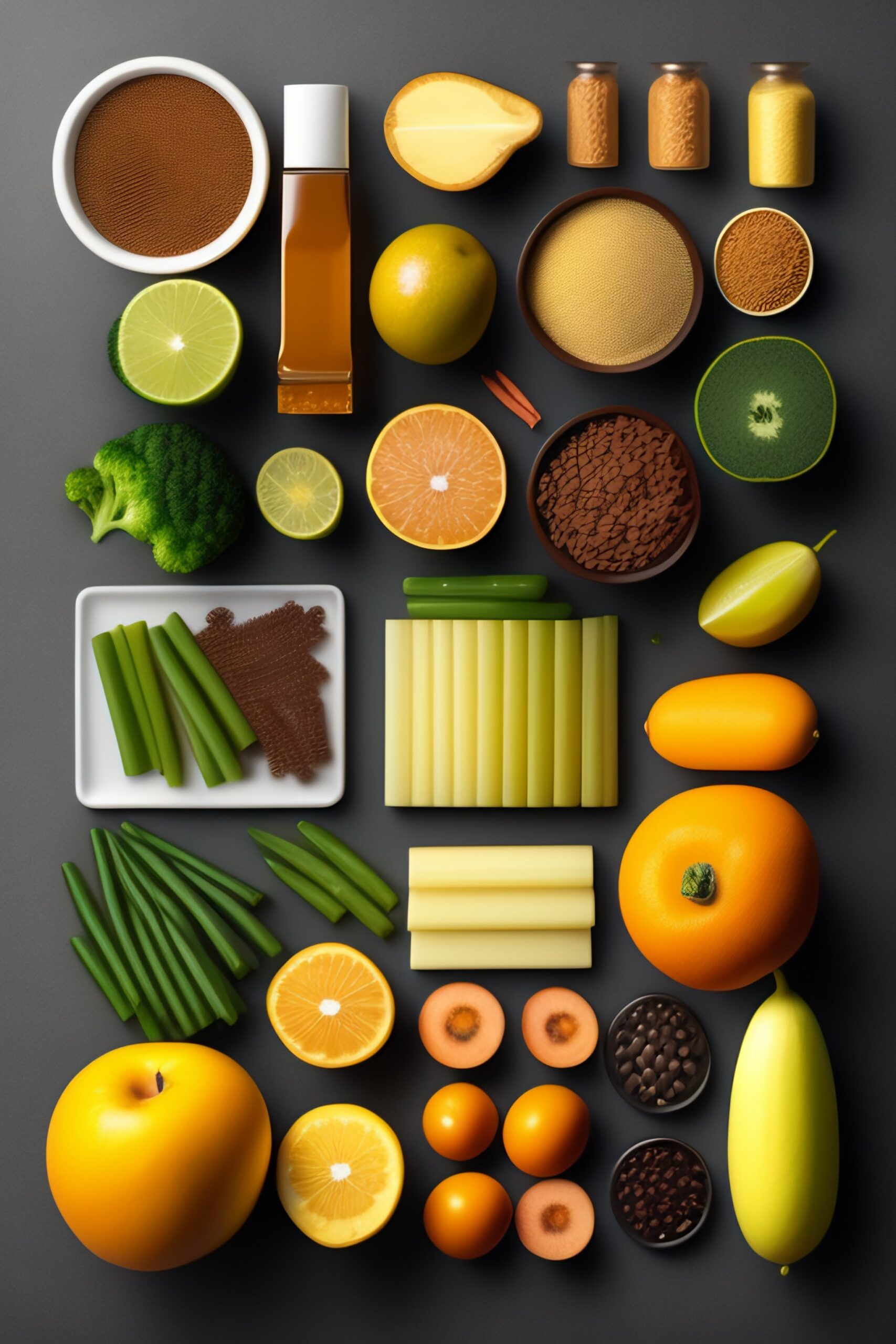Industrial food production has become a major part of the food industry in recent years. It has allowed for the mass production of food, making it more affordable and accessible to people around the world. However, there are both pros and cons to industrial food production that should be considered before making any decisions about it.
The Pros of Industrial Food Production
The most obvious benefit of industrial food production is that it allows for the mass production of food. This means that food can be produced in large quantities, making it more affordable and accessible to people around the world. This is especially beneficial in areas where food is scarce or expensive. Industrial food production also allows for the production of food in a more efficient manner, which can help to reduce costs and increase profits.
Another benefit of industrial food production is that it can help to reduce the environmental impact of food production. By using more efficient methods of production, such as using fewer resources and less energy, industrial food production can help to reduce the amount of pollution and waste associated with food production.
The Cons of Industrial Food Production
One of the biggest drawbacks of industrial food production is that it can lead to a decrease in the quality of food. Industrial food production often relies on the use of chemicals and preservatives to extend the shelf life of food, which can lead to a decrease in the nutritional value of the food. Additionally, industrial food production can lead to a decrease in the variety of food available, as it is often more cost-effective to produce a limited number of products.
Another potential downside of industrial food production is that it can lead to a decrease in the safety of food. Industrial food production often relies on the use of chemicals and preservatives, which can lead to an increase in the risk of food-borne illnesses. Additionally, industrial food production can lead to a decrease in the quality of the environment, as it often relies on the use of pesticides and other chemicals that can be harmful to the environment.
Overall, industrial food production has both pros and cons that should be considered before making any decisions about it. While it can lead to an increase in the availability and affordability of food, it can also lead to a decrease in the quality and safety of food. Additionally, it can lead to an increase in the environmental impact of food production. Therefore, it is important to weigh the pros and cons of industrial food production before making any decisions about it.






